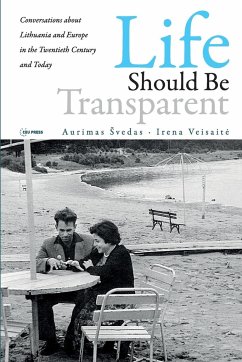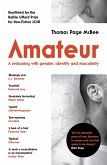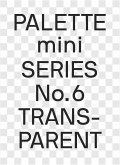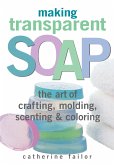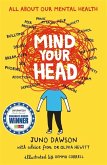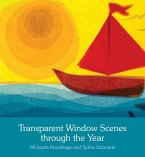This book of thirteen conversations introduces us to the life of an exceptional person-theatre critic, Germanist, and long-time chair of the Open Lithuania Fund board-Irena Veisait¿. The dialogue between Lithuanian historian Aurimas ¿vedas and a woman who reflects deeply on her experiences reveals both one individual's historically dramatic life and the fate of Europe and Lithuania in the twentieth century. Through the complementary lenses of history and memory, we confront with Veisait¿ the horrific events of the Holocaust, which brought about the end of the Lithuanian Jewish world. We also meet an array of world-class cultural figures, see fragments of legendary theatre performances, and hear meaningful words that were spoken or heard decades ago. This book's interlocutors do not so much seek to answer the question "What was it like?" but instead repeatedly ask each other: "What, how, and why do we remember? What is the meaning of our experiences? How can history help us to live in the present and create the future? How do we learn to understand and forgive?" A series of Veisait¿'s texts, statements, and letters, presented at the end of the book suggest further ways of answering these questions.
Hinweis: Dieser Artikel kann nur an eine deutsche Lieferadresse ausgeliefert werden.
Hinweis: Dieser Artikel kann nur an eine deutsche Lieferadresse ausgeliefert werden.

